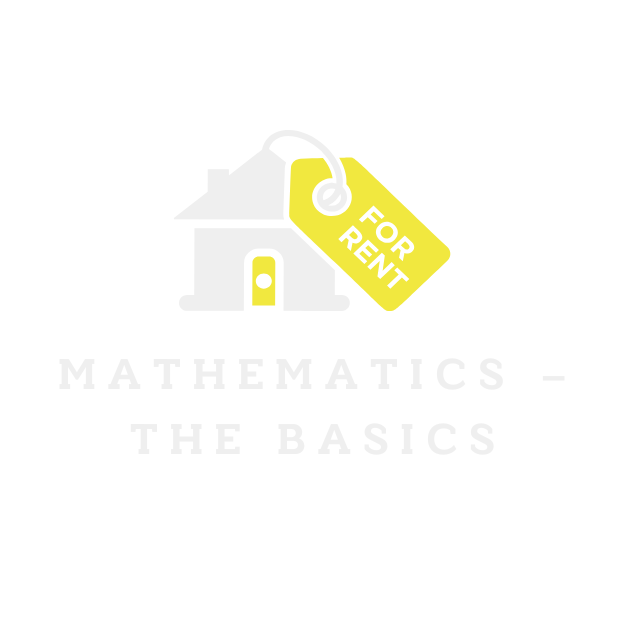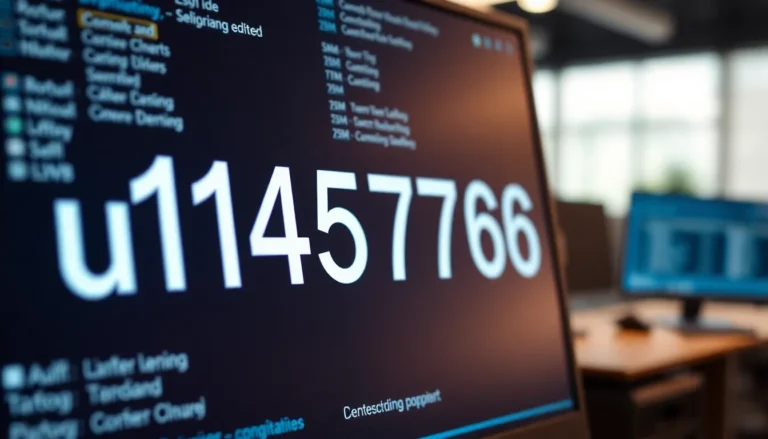In the great debate of buying a starter home versus renting, one question looms large: should you put down roots or keep your options open? For many, the allure of homeownership feels like a golden ticket to stability and equity. But let’s face it, the thought of being tied down to a mortgage can feel a bit like signing a lifetime contract with a clingy partner.
On the flip side, renting offers flexibility and freedom—like a relationship without the commitment. But is it really the best option in the long run? As they weigh the pros and cons, potential homeowners must navigate a maze of financial decisions, lifestyle choices, and a sprinkle of humor. So grab your calculator and a cup of coffee; it’s time to dive into the world of real estate and find out which path might be the right fit.
Table of Contents
ToggleUnderstanding Starter Homes
Starter homes provide an entry point for first-time homebuyers seeking stability. These properties range from small single-family houses to condominiums, often found in affordable neighborhoods.
What Is a Starter Home?
A starter home typically represents a modest dwelling intended for individuals or families beginning their homeownership journey. These homes often come with fewer amenities and lower price points, making them accessible for those not ready for larger investments. First-time buyers usually select these properties based on budget, location, and size.
Benefits of Buying a Starter Home
Buying a starter home fosters financial investment and stability. Homeownership allows equity accumulation, contributing to future investments. Fixed mortgage payments promote predictable budgeting, contrasting with fluctuating rental costs. Accessibility often characterizes starter homes, located in desirable yet affordable neighborhoods. Additionally, the sense of community often found in these areas enhances one’s living experience.
The Renting Option

Renting offers flexibility that appeals to many individuals. Without the responsibilities of homeownership, renters can easily adapt to life changes, such as job relocations or shifts in personal circumstances.
Advantages of Renting
Renting often requires lower upfront costs compared to buying a home. Security deposits usually suffice, eliminating the need for a large down payment. Monthly expenses that come with renting tend to be predictable, especially if utilities or maintenance are included in the lease. Renters avoid the costs associated with property taxes and repairs, which can add up quickly for homeowners. Flexibility in location often comes with renting, allowing individuals to explore various neighborhoods or cities without long-term commitments.
Considerations Before Renting
Consideration of lease terms is crucial before signing an agreement. Length of the lease can impact flexibility; short-term leases provide adaptability but may come with higher monthly rates. Assessing the landlord’s policies on pets, maintenance, and alterations also proves important for lifestyle compatibility. Additionally, understanding the local rental market can help determine if the rent aligns with budget constraints. Financial planning should also account for potential rent increases and the lack of equity accumulation.
Financial Implications
Financial implications significantly influence the choice between buying a starter home and renting. Understanding the costs involved is essential for making informed decisions.
Costs of Buying a Starter Home
Buying a starter home includes a range of upfront costs. Typically, homebuyers face down payments, which often range from 3% to 20% of the purchase price. Additional expenses like closing costs may add another 2% to 5% to the home’s price. Mortgage insurance often applies, especially for lower down payments. Home inspections and appraisals also carry their own fees, and these can vary widely. Even after purchase, home maintenance contributes to costs, with homeowners generally budgeting 1% to 2% of the home’s value annually for upkeep. Understanding these financial commitments helps buyers assess the total investment.
Ongoing Costs of Renting
Renting involves different recurring expenses. Monthly rent typically includes basic utilities, depending on the lease agreement. Rental rates can vary substantially based on location and property type. Renters usually face fewer unexpected costs compared to homeowners, but they still encounter fees like security deposits, which often amount to one month’s rent. Additionally, renters may be responsible for renter’s insurance, usually costing $15 to $30 per month. Understanding lease terms helps renters plan expenses while factoring in potential rent increases, which landlords may implement annually. Analyzing these ongoing costs ensures renters align their budgets with financial realities.
Lifestyle Considerations
Lifestyle choices greatly influence the decision to buy a starter home or rent. It’s essential to understand personal priorities before committing to either option.
Stability and Flexibility
Stability often comes with buying a starter home. Homeownership provides a sense of permanence and an opportunity to build equity over time. Families looking for roots typically value this aspect. Flexibility, however, defines the renting experience. Individuals frequently prefer renting as it allows them to adjust to life changes effortlessly. Job relocations, for instance, become easier without the burden of selling a home. Young professionals often seek short-term leases that cater to their evolving lifestyles. This option promotes adaptability while ensuring housing needs align closely with career and personal choices.
Maintenance Responsibilities
Maintenance responsibilities vary significantly between buying and renting. Homeowners carry the burden of upkeep and repair costs. Tasks such as lawn care and plumbing fixes often emerge unexpectedly, demanding time and resources. Many new homeowners invest in learning DIY skills to manage these issues effectively. In contrast, renters enjoy the convenience of having maintenance handled by landlords or property management companies. Minimal commitment to property upkeep allows renters to focus on other priorities, including work or leisure. Overall, assessing maintenance responsibilities guides potential buyers and renters toward making informed decisions that best suit their lifestyles.
Choosing between buying a starter home and renting isn’t a one-size-fits-all decision. Each option comes with its unique benefits and challenges. For those seeking stability and the chance to build equity a starter home can be a wise investment. It offers the comfort of a permanent space and fosters community ties.
On the flip side renting provides unmatched flexibility allowing individuals to navigate life changes without the burdens of homeownership. It’s essential for potential buyers and renters to evaluate their financial situations and lifestyle goals before making a choice. Ultimately the right decision hinges on personal priorities and long-term aspirations.


